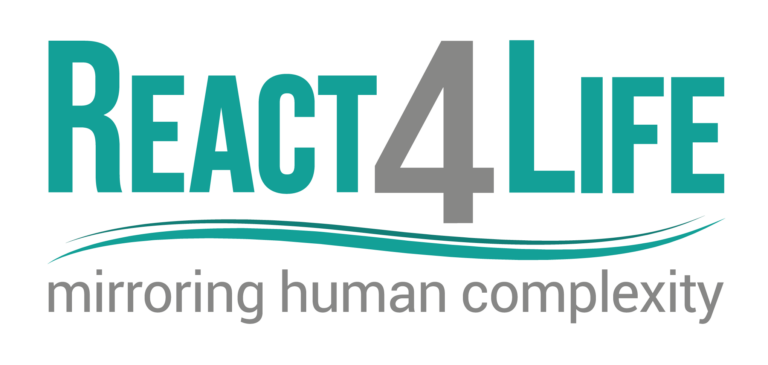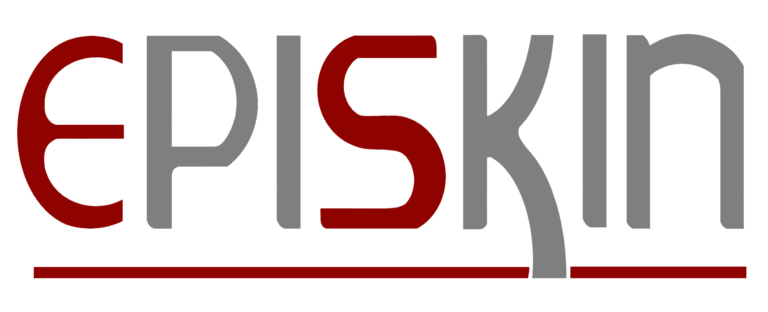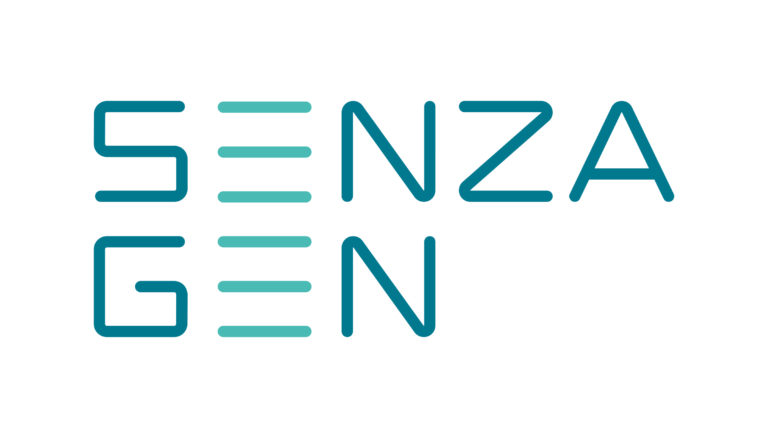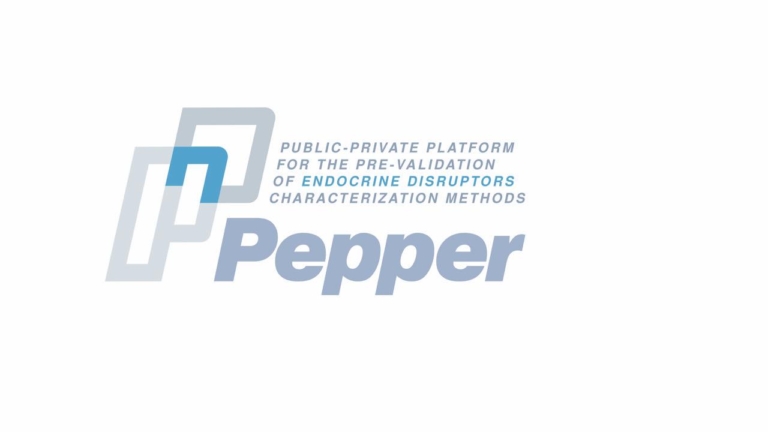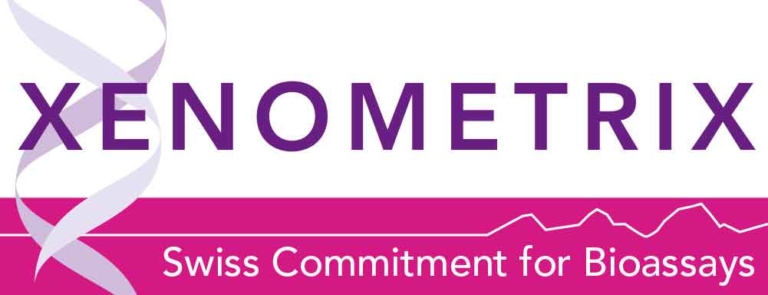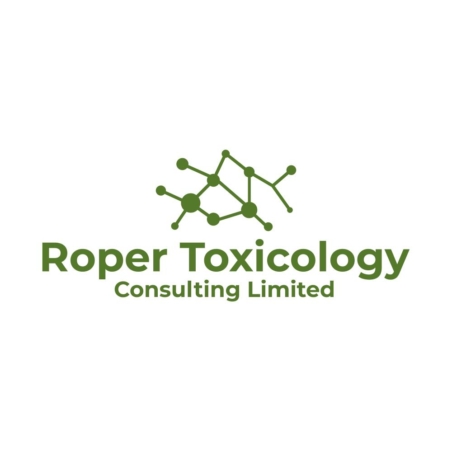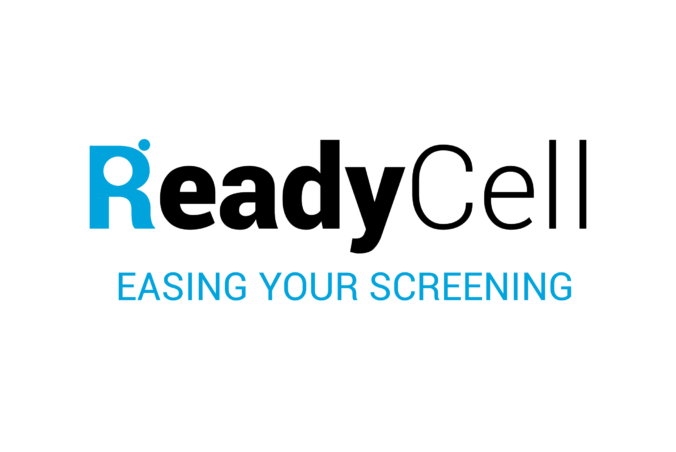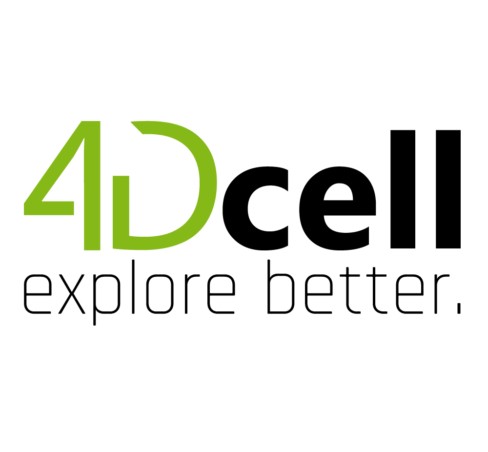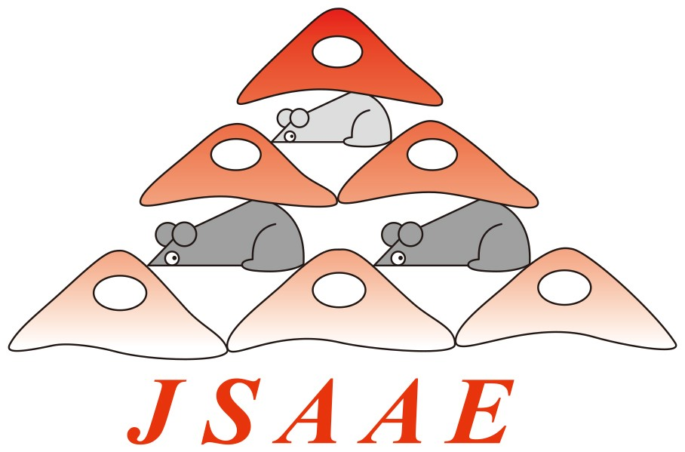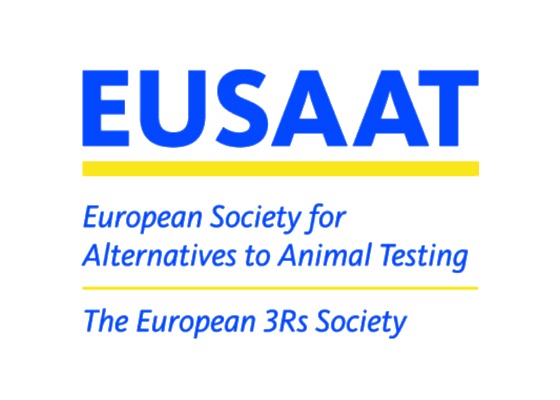Future Events
full calendarEURL ECVAM
Registration to the ESTIV 2024 Congress in Prague, June 3-6 is open!
We are pleased to announce that the registration for the 22nd international congress of the European Society of Toxicology In Vitro (ESTIV2024) is open now! The congress will take place 3 – 6 June 2024 in Cubex Centre in Prague, Czech Republic.
Methods allowing the identification of an endocrine disruptors are under the focus of Pepper
Pepper, the Public-private platform for the validation of endocrine disruptors characterization methods, is looking for methods to be validated. PEPPER focuses on test methods that characterise endocrine disrupters substances
Call for papers: Special issue on preregistration templates for toxicology and environmental health research – Journal Evidence-Based Toxicology
Authors are invited to submit “Preregistration Templates”, a new type of manuscript designed to make it easier for researchers to reuse each others’ methods and gain the benefits of preregistering their studies….
ESTIV 2024 Congress bursary for the winner of the ASPIS Open Symposium Best Poster Award
ESTIV 2024 Congress bursary for the winner of the ASPIS Open Symposium Best Poster Award
ESTIV and ALTERTOX (ESTIV Corporate member) supported a Best Poster award for an excellent young scientist working on the H2020 project towards animal replacements
ESTIV and ALTERTOX (ESTIV Corporate member) supported a Best Poster award for an excellent young scientist working on the H2020 project towards animal replacements
Call for papers into the special Issue of Toxicology in Vitro- ESTIV 2022: Key enabling non-animal technologies for research, education, and testing
All authors who submitted their abstract(s) to the ESTIV 2022 congress have now the possibility to submit their work into the
Special Issue of Toxicology in Vitro: ESTIV 2022
ESTIV and EUSAAT signed a Memorandum of Understanding
The European Society of Toxicology in Vitro (ESTIV) and the European Society for Alternatives to Animal Testing EUSAAT signed a Memorandum of Understanding at the EUSAAT 2022 congress in Linz….
February 27, 2024: ASCCT-ESTIV AWARD Winners Webinar
Registration is open for the next joint ASCCT-ESTIV webinar featuring ASCCT-ESTIV AWARD Winners Victoria Hull and Elena Kromidas !
 The ESTIV Members Area
The ESTIV Members Area